Any business plan needs a sales plan; in fact, virtually all project plans are based on the initial revenue estimate. This plan involves, by its nature, a lot of uncertainty, by incorporating predictions based on external factors over which there is no control: customers.
That is why it is convenient to dedicate the time necessary to ensure that the forecasts are as realistic as possible, with a greater probability of being fulfilled in the medium and long term.
What is a sales plan?
A sales plan is a document that defines the expected sales and the set of strategies and tactics that will be carried out with the sales force to achieve the sales goal. The purpose of a sales plan should always be to obtain the best results with the resources available.
The objectives of a sales plan should be set based on the situational analysis of the company, and for this, the analysis of the market, the product, and the company’s sales force will be essential.
How to make a sales plan step by step
Here is how to make your sales plan step by step and in a simple way:
1. Know exactly the service or product offered
To make a sales plan it is necessary to know the products and services of the company in depth. In this way, we will be able to communicate to our clients about the characteristics and functionalities. With this, we will be able to establish an emotional connection or a bond with the buyers.
2. Define the target audience
Whether you are writing a sales plan for the first time, or you are an expert, it will always be important to know your target audience about questions such as:
- Age
- Title or role
- Main problems
- Size of the company
- Budget
A very effective methodology for defining the customer profile is that of the buyer persona. Which consists of the construction of a semi-real character of our ideal buyers.
3. Know and investigate the competition
In a sales plan, you cannot miss a thorough investigation of your direct competition, trends, the market, new technologies, and customers.
To have an adequate and successful sales strategy, we must measure and test everything analyzed and studied. If we carry out an analysis of our competition we can find out who we compete against, what they do, or how they do it. All this will give us a remarkable competitive advantage.
If we closely follow all the steps, we can implement the methodologies that drive the growth of our company. We will also be able to enhance the differentiation elements so that the services and products we offer stand out in the market.
4. Set the objectives of the sales plan
Most sales goals are based on revenue, but you must define those business goals wisely.
A good practice that you can rely on is defining your business objectives with the SMART methodology.
Likewise, it is necessary to set sales objectives and establish a deadline to meet them. The ideal is to do it for short and long periods such as months, trimesters, semesters, or years. Remember to measure sales goals at all times and set goals for each goal that has been predefined.
5. Define the sales strategy in your plan
What is a sales strategy? It is a set of tactics that are performed to achieve business objectives. This definition, although very concise, is quite clear and indicates very well the meaning of what a sales strategy is.
In this phase of the process, we must plan everything related to sales strategies. When defining strategies we must take into account:
- Sales channels.
- Objectives of each channel.
- This means by which each objective is to be achieved.
- Budget for each channel and each sales action.
- Time dedicated to the development of each action.
- Type of actions to be carried out, frequency, and order in time.
- Analysis and correction tools.
6. Define the sales team
Having a good sales team is crucial for the business process to be truly successful. Here you should define roles like:
- Sales executive, mainly responsible for new business.
- Sales Development Representative (SDR) focused on generating and qualifying new opportunities.
- Sales Director, responsible for directing, leading, and assisting the sales team.
The members of the team must be trained to be able to communicate to customers all the great benefits that they will have when working with our company and acquiring our products (value proposition).
7. Prepare annual sales forecasts
We must estimate, approximately but as accurately as possible, all the scenarios that we will be able to face. For this, sales budgets must be set according to the established objectives, the vendors, and the areas.
8. Measure and analyze
It is necessary to have strict control and monitoring of the plan prepared. This will allow us to correct it if necessary in order to achieve the planned efficiency ratios. For this, we recommend supporting you in the use of technologies, a CRM could be your best ally in this process.



